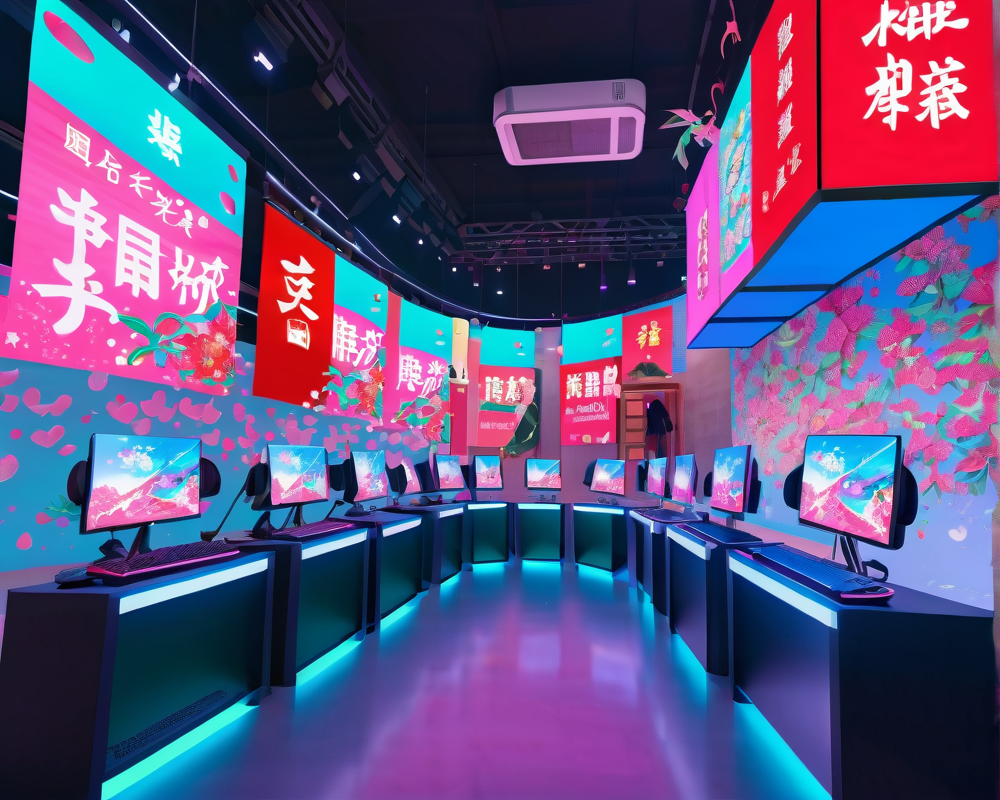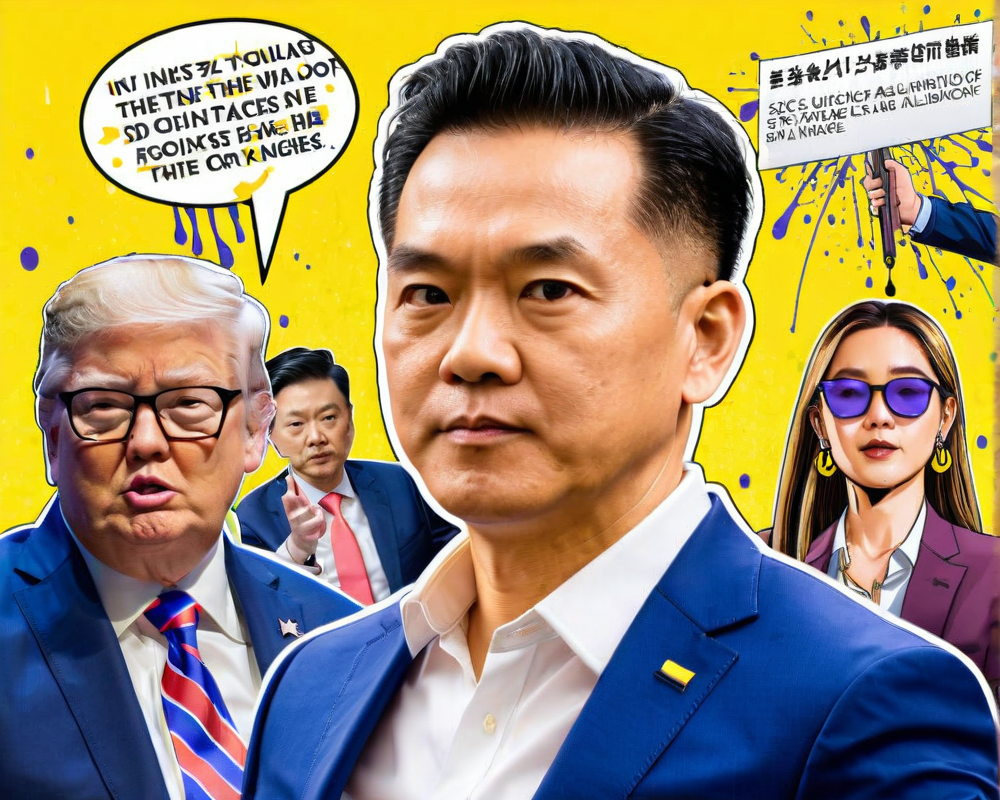The Chinese Metaverse: A Different Breed
As the world spins closer to an inevitable immersion in the Metaverse, China’s approach promises to be as unique as a panda in roller skates. Instead of joining the decentralized party, China seems determined to craft its own version of this digital universe—think of it like a luxe gated community where only certain guests are allowed, despite the raucousness just outside the walls.
Filtering Reality: The Great Firewall and Beyond
Imagine trying to navigate a maze blindfolded—that’s what accessing the global Metaverse might feel like through China’s Great Firewall. Mario Stefanidis bluntly noted that it’s easier for China to monitor and build its local Metaverse rather than sinking resources into censoring content from the expansive, unruly global arena. It’s the equivalent of throwing a bouncy castle party in your backyard while suspiciously keeping the neighborhood kids away.
Capital Flow: Tapping into Metaverse Investments
Pouring money into Metaverse ventures is all the rage, and China is well aware of the potential profits. Just in the last quarter of 2021, investments exceeded 10 billion yuan. That’s a big leap from just 2.1 billion in 2020—like upgrading from a kiddie pool to a full-fledged water park. This influx of cash is certainly making the major players take notice.
The Players: Who’s Building the Metaverse?
Chinese tech giants like Baidu and Tencent are leading the charge into the Metaverse universe. Baidu has rolled out its metaverse app, XiRang, even while making it clear that cryptocurrency and NFTs aren’t on the invitation list. Meanwhile, Tencent is acquiring VR companies faster than kids exchange Pokémon cards. With 4,085 patent applications for virtual and augmented reality, Tencent is undoubtedly serious about its stay in the metaverse—no need for decentralization when you’re the king of the playground.
The Challenges Ahead
While enthusiasm runs rampant, the road is not all smooth sailing. Significant hurdles remain, particularly in content generation and regulations. The Chinese government’s restrictions on expression, as well as bans on leading products like Meta’s Oculus, could slow down innovation. Just as an artist needs paint to create, the Metaverse needs a free flow of content, and that’s where things may get dicey.
Ultimately, as the struggle for digital supremacy between the U.S. and China intensifies, the diverging paths of their Metaverse experiments will be one for the books—or perhaps even a blockbuster movie.



